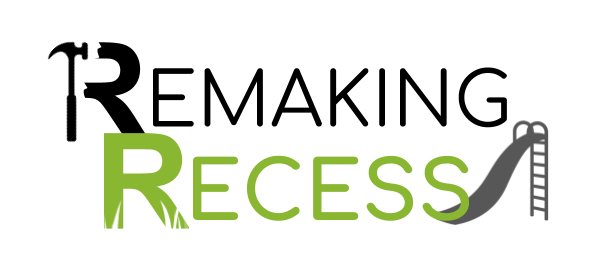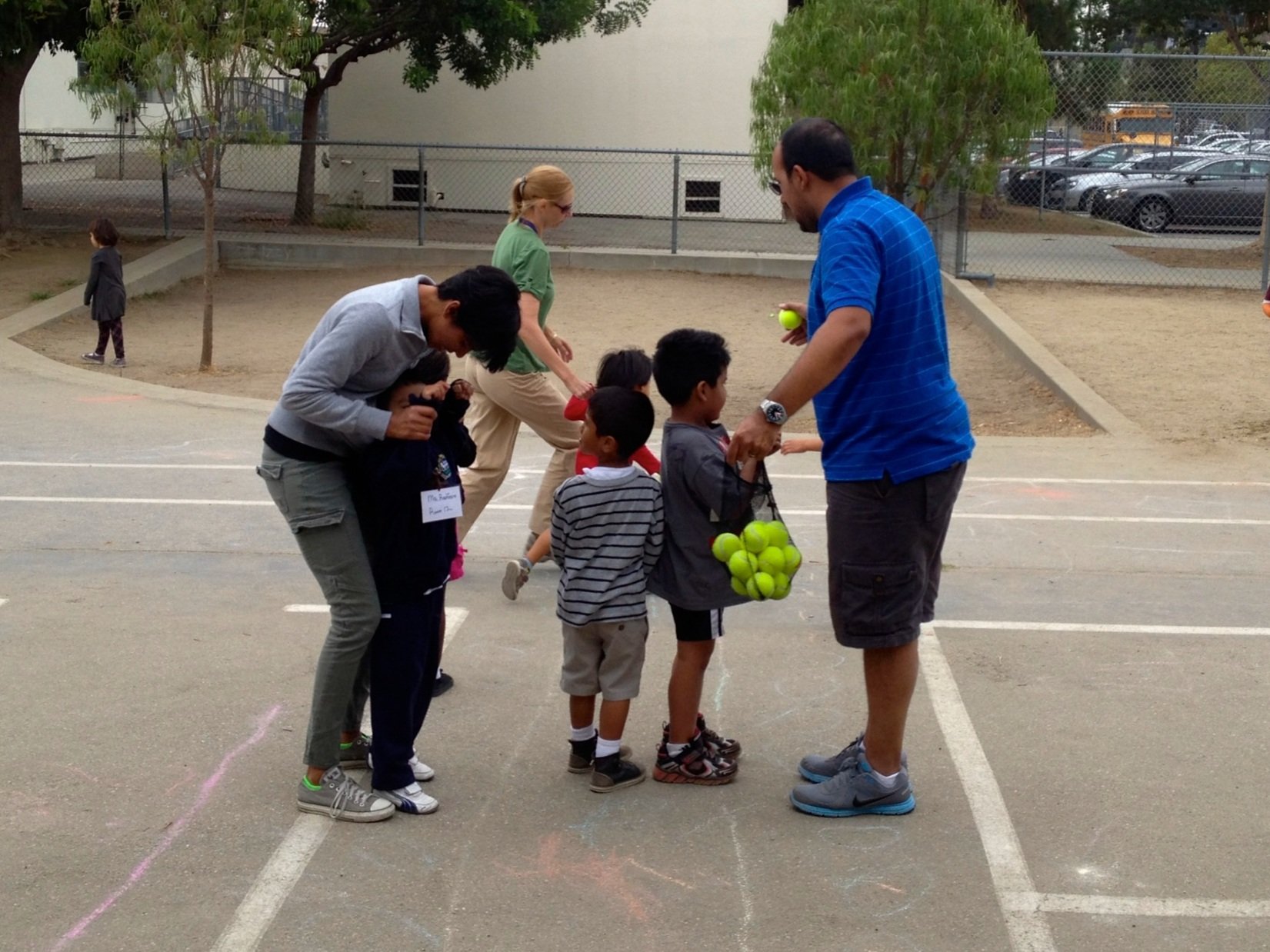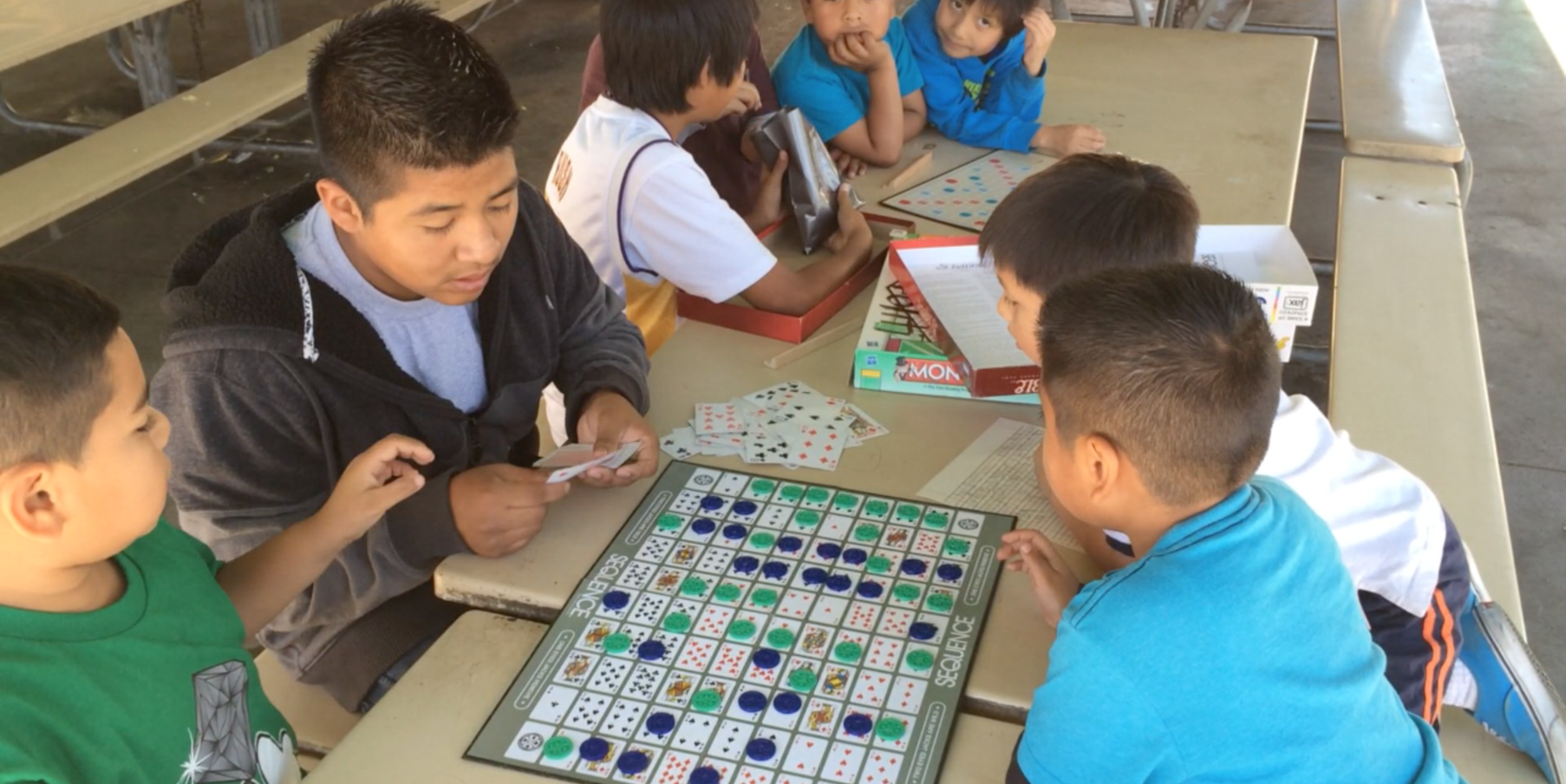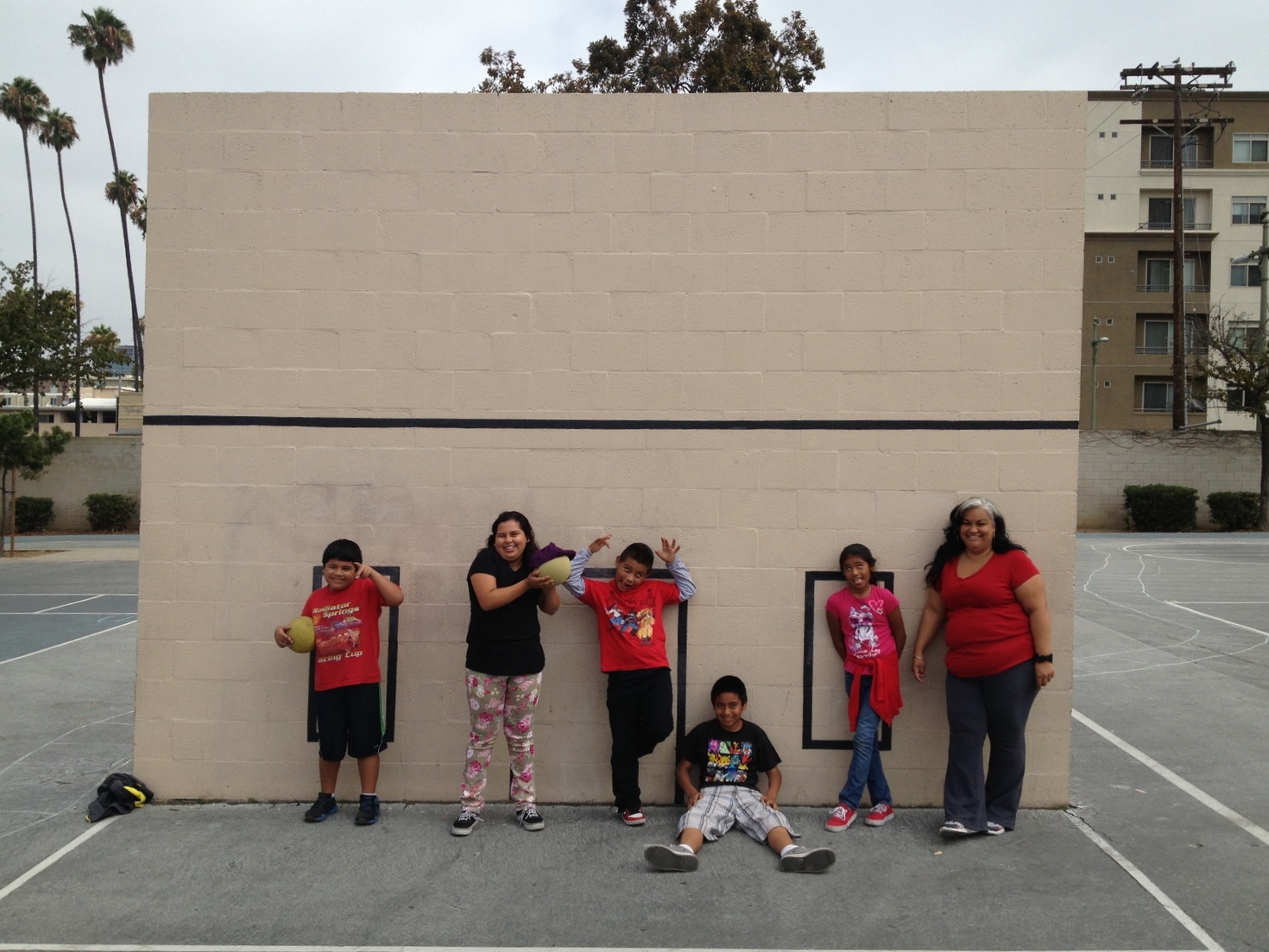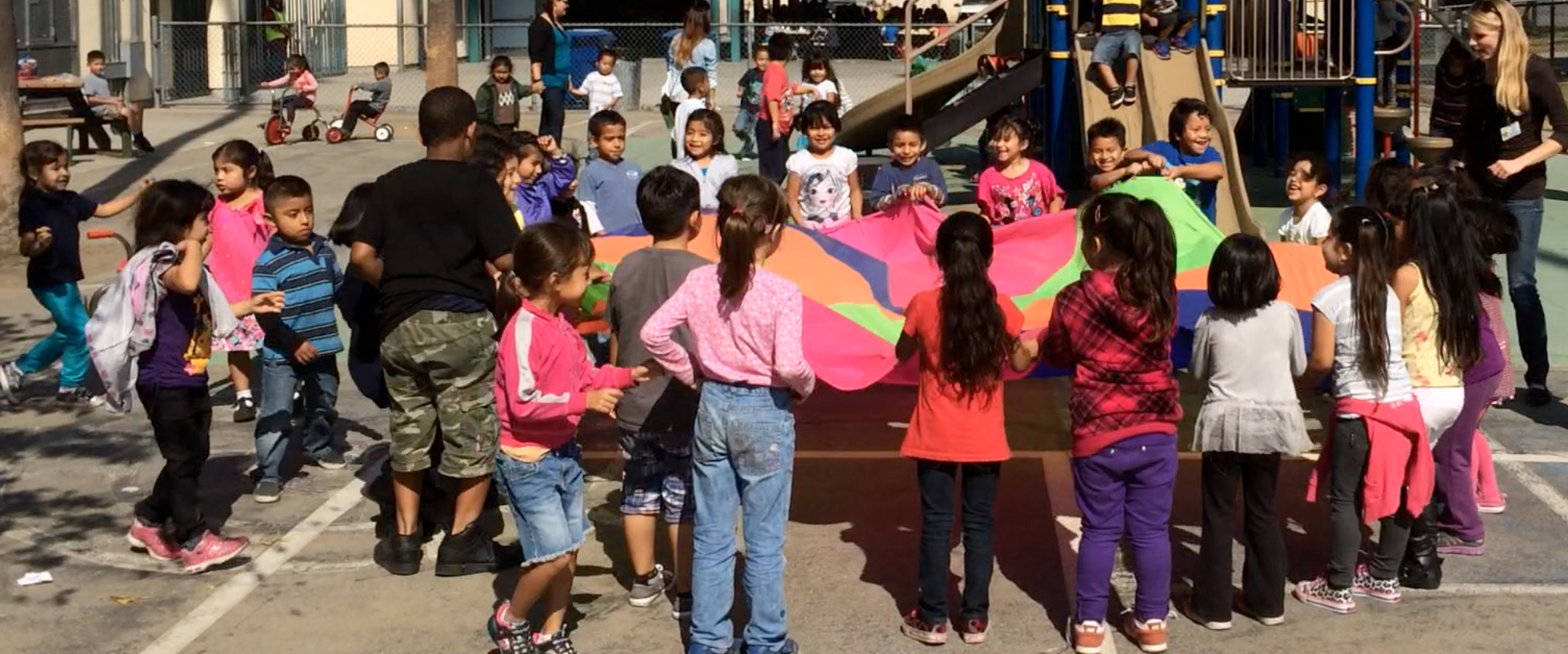Since 2001, Remaking Recess has worked to change recess to be more inclusive of children with autism.
Our Mission:
Helping Children Engage with Peers at School
Remaking Recess is an evidence-based psychosocial intervention designed to help children with an autism spectrum disorder (ASD) engage with peers at school. It was developed by the Autism Intervention Research Network on Behavioral Health (AIR-B), a group of autism researchers from around the country.
The intervention can take place at school during recess and break-times when children have the most opportunities to interact socially with their peers. Trained interventionists work with school staff members to employ strategies that can increase the quantity and quality of peer engagement. The teaching staff and other school personnel learn to become more aware of children's levels of peer engagement and to provide individualized and group level support as needed.
Remaking Recess Leaders:
Connie Kasari
Connie Kasari, PhD is a professor at UCLA in Human Development and Psychology and also Psychiatry. A leader in the world of autism research and treatment, Connie has published extensively on child development, psychology, psychiatry and special education. She is well known for her work developing interventions to help children with ASD improve socially by targeting language, joint attention, and symbolic play. Connie is the lead investigator for the AIR-B Network which is concluding a large-scale randomized controlled trial of the Remaking Recess intervention and founder of the Kasari Lab.
Jill locke
Jill Locke, PhD is an Associate Professor in the University of Washington (UW) Department of Psychiatry and Behavioral Sciences, Co-Director of the UW School Mental Health, Assessment, Research, and Training (SMART) Center, a licensed child psychologist, and research faculty at the Seattle Children’s Autism Center. Jill has published widely on the: 1) presentation of social impairment for autistic youth in school settings; 2) identification of best practices for autistic youth; and 3) understanding of successful implementation and sustainment of evidence-based practices (EBPs) for autistic youth in public school settings. Her experiences have highlighted the importance of collaborating with public schools and the reality of working within the constraints of publicly funded systems, their timeline (e.g. school calendar year), and with their personnel.
This project is supported by the Health Resources and Services Administration (HRSA) of the U.S. Department of Health and Human Services (HHS) under grant number UA3 MC 11055. This information or content and conclusions are those of the author and should not be construed as the official position or policy of, nor should any endorsements be inferred by HRSA, HHS or the U.S. Government.
